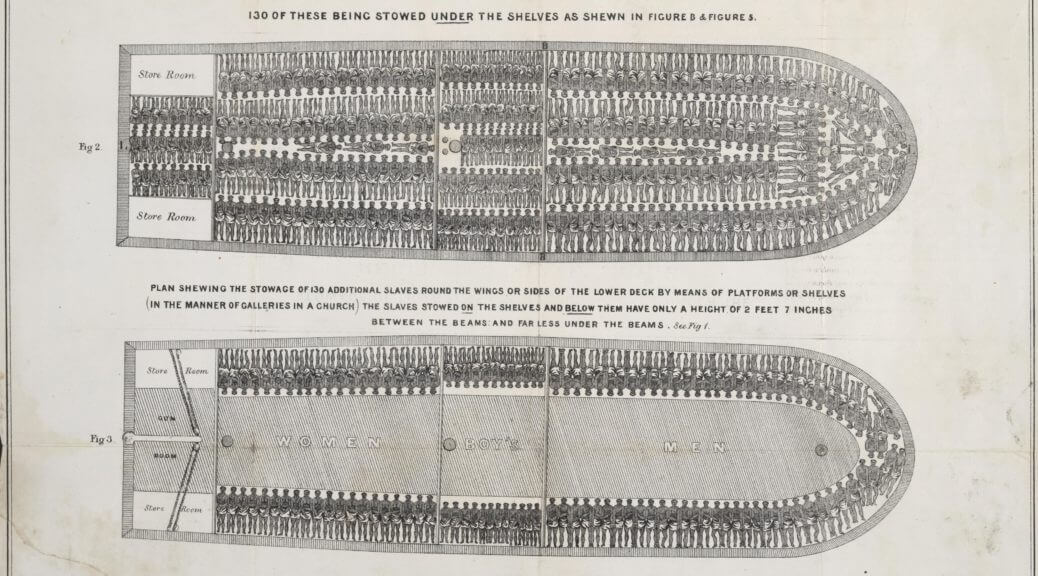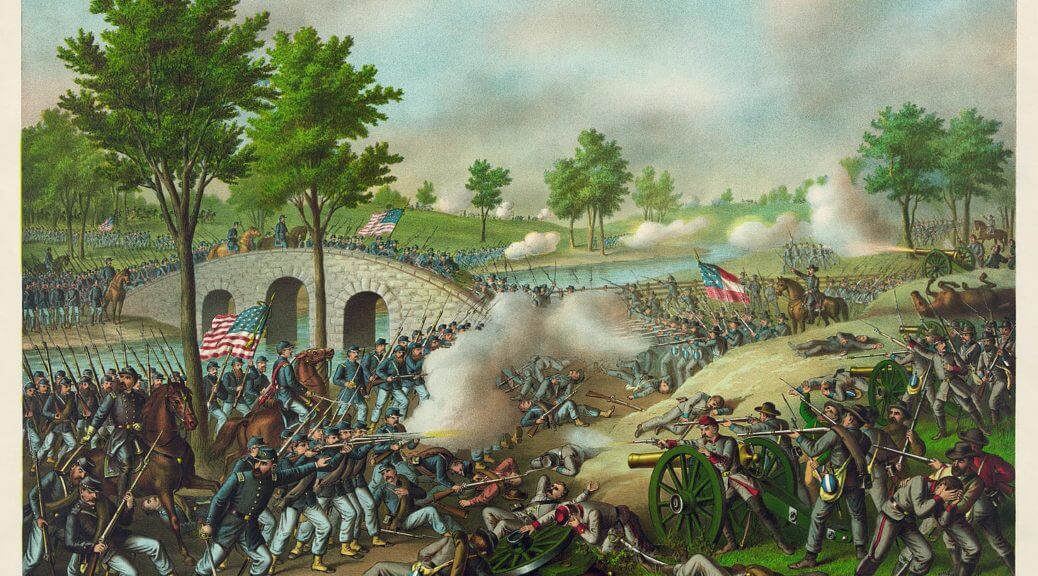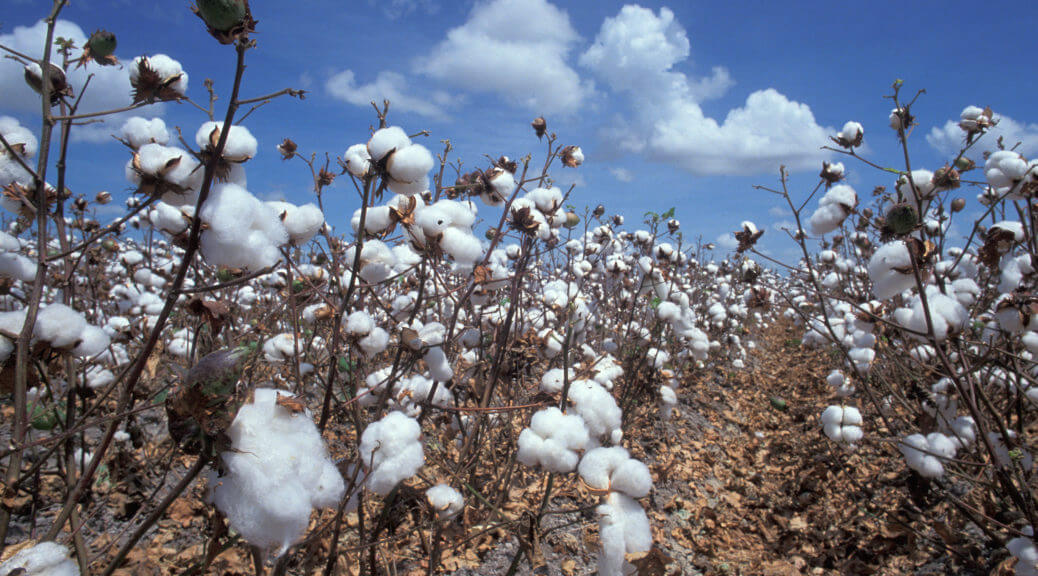
Phil Magness returns to the show to discuss his work on slavery and capitalism, particularly as it relates to the New History of Capitalism (NHC) and the New York Times’ 1619 project. Phil recently wrote an article entitled, “How the 1619 Project Rehabilitates the ‘King Cotton’ Thesis.” In it, he argues that the NHC has unwittingly adopted the same untenable economic arguments made by slaveowners in the antebellum South: that slave-picked cotton was “king” in the sense of being absolutely indispensable for the global economy during the industrial revolution.
[T]he economic reasoning behind King Cotton has undergone a surprising — perhaps unwitting — rehabilitation through a modern genre of scholarly works known as the new history of capitalism (NHC). While NHC historians reject the pro-slavery thrust of Wigfall and Hammond’s bluster, they recast slave-produced cotton as “not just as an integral part of American capitalism, but . . . its very essence,” to quote Harvard’s Sven Beckert. Cornell historian Ed Baptist goes even further, describing slavery as the indispensable causal driver behind America’s wealth today. Cotton production, he contends, was “absolutely necessary” for the Western world to break the “10,000-year Malthusian cycle of agriculture.”
And this same NHC literature provides the scholarly foundation of the ballyhooed New York Times’ 1619 Project — specifically, its foray into the economics of slavery. Guided by this rehabilitated version of King Cotton, Princeton sociologist Matthew Desmond enlists the horrors of the plantation system to launch a blistering attack on modern American capitalism.
Desmond projects slavery’s legacy onto a litany of tropes about rising inequality, the decline of labor-union power, environmental destruction, and the 2008 financial crisis. The intended message is clear: Modern capitalism carries with it the stain of slavery, and its putative excesses are proof of its continued brutality. It follows that only by abandoning the free market and embracing political redistribution will we ever atone for this tainted inheritance.
Download this episode.
Subscribe to Economics Detective Radio on iTunes, Android, or Stitcher.
The post Slavery and Capitalism with Phil Magness appeared first on The Economics Detective.



